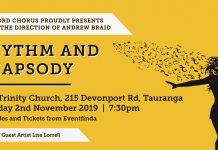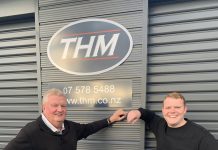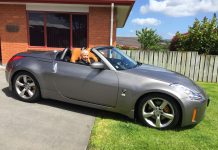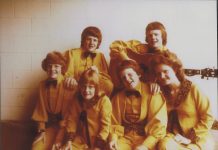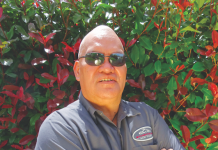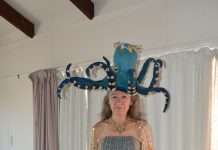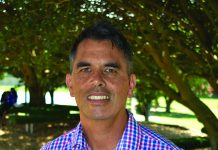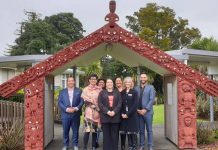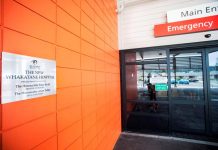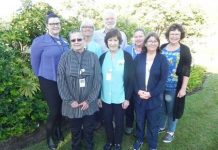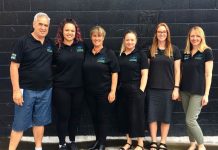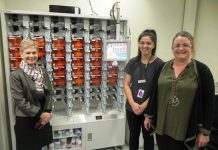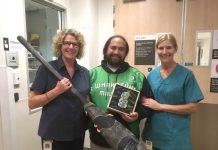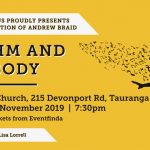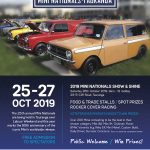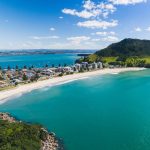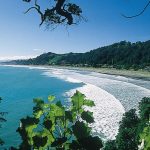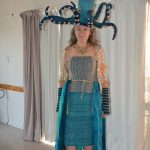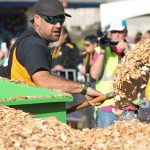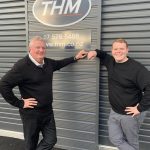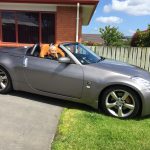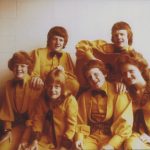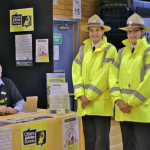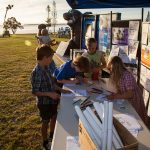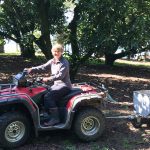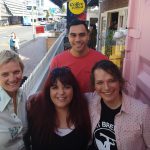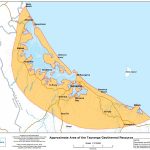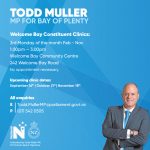The fact that Barry Anderson is on his way to a full recovery after a major stroke is down to one thing he says, speed of action.
“Time is of the essence,” said Barry. “Speed is the most important thing. I’m living proof of that when you have a stroke it’s critically important to get that clot removed as quickly as possible.”
Barry was just starting his morning exercise routine on Saturday 9 February when he suffered a serious stroke.
“I was bending my legs and the next thing I knew I just fell forward,” said the 75-year-old. “I couldn’t stop myself from falling and ended up hitting my head on the door.”
Barry was found on the floor of his home in Bethlehem, Tauranga, by his 11-year-old grandson Tomas Clarke, who raised the alarm. Barry’s wife Barbara, a retired nurse, rushed to his aid and suspected immediately what had happened.
“I knew from the way he had fallen, the position he was in, that he’d had a stroke,” said Barbara. “Then when he tried to speak he wasn’t making any sense, which just confirmed it really. I knew we needed an ambulance as soon as possible.”
Barry was taken to Tauranga Hospital where a medical team was awaiting his arrival. A CT scan revealed a 75ml by 3ml blood clot in his Middle Cerebral Artery (MCA). The team, headed by Bay of Plenty District Health Board Stroke Physician Dr Mohana Maddula, decided that given the speed of his arrival into hospital post-stroke Barry was a good candidate for Endovascular Clot Retrieval.
“Barry had acute ischaemic stroke due to blockage (clot) in one of the major blood vessels in the brain,” said Dr Maddula. “The clot was stopping blood flow to the brain and there was a risk of permanent brain injury which could lead to significant long-term disability and death. After urgent brain scans and discussion with specialists in Auckland he was transferred by helicopter to Auckland City Hospital for Endovascular Clot Retrieval.
“This is a treatment where a device is inserted through the femoral artery in the groin up into the brain, to extract the clot and restore blood flow to the affected region of the brain.”
The procedure is undertaken by Interventional Neuroradiologists and is currently only provided in Auckland, Wellington and Christchurch. It is not suitable for all stroke sufferers. The procedure needs to be performed as soon as possible after the onset of stroke symptoms, meaning the patient needs to present to hospital quickly, a helicopter be available, and the weather conditions suitable for transfer.
“This procedure is very time-critical,” said Dr Maddula. “Barry arrived at Auckland City Hospital in good time and had this emergency procedure soon after arrival. The clot was extracted and blood flow was restored.”
Having had the stroke just before 8am in Tauranga, Barry was undergoing surgery in Auckland by 11am.
“Apparently they tried twice to remove the clot unsuccessfully before they got it on the third attempt,” said Barry. “I’m so happy they did obviously, as the outcome could have been so different.”
After four days in hospital (two in Auckland and two in Tauranga) Barry returned home.
“I’m a bit more fragile than I was but that’s just my body recovering I think. We’re definitely getting there. I’m getting better and better and I’m sure I’ll be back to 100% at some stage. I managed a walk up the Mount recently.
“I’m just so hugely grateful for the care and attention I received, it was absolutely exceptional, first-class, couldn’t fault it.”
For more information on what you should do in the event of a stroke visit the Stroke Foundation website: www.stroke.org.nz/fast



